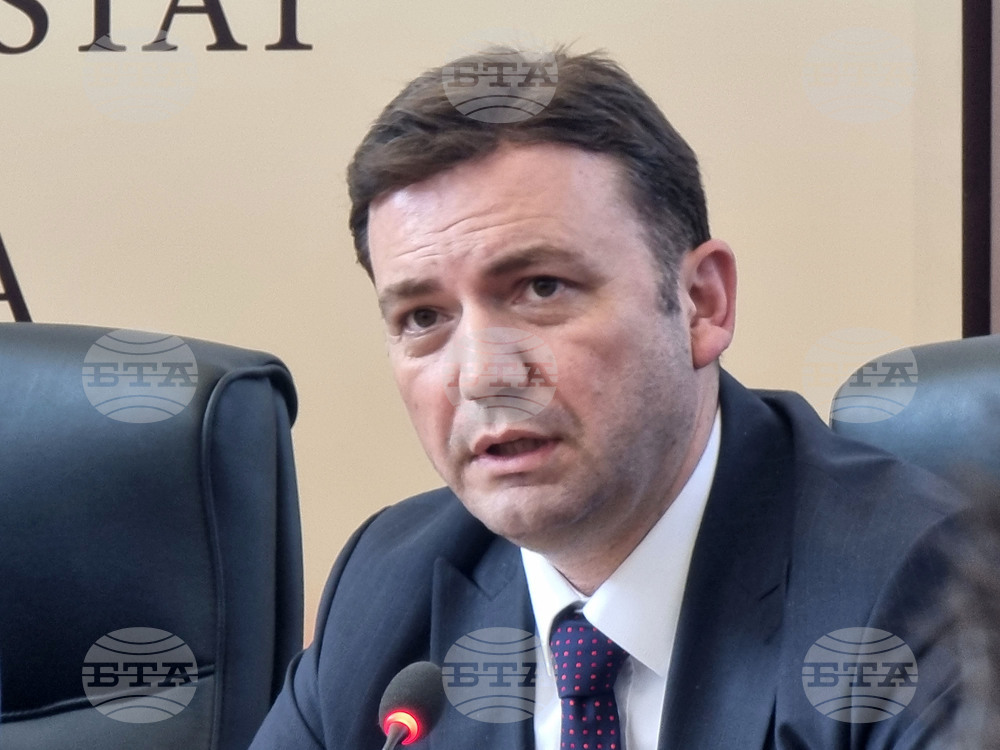site.btaFormer Foreign Minister: North Macedonia's Government Squandered Its Strongest Bargaining Asset by Reopening Language Issue


By reopening the language issue through the European Union's progress report on North Macedonia, the country’s government has wasted "its greatest negotiating capital," according to former Foreign Minister Bujar Osmani. He believes that the attempts to impose the language topic in the European Parliament are harmful to the national interest and have been "politically instrumentalized for political gain" by the VMRO-DPMNE-led government.
In an interview on the programme “360 Degrees” on MRT 1, Osmani stated that the possible removal of references to language from Thomas Waitz’s report on North Macedonia's progress "does not constitute a fundamental problem, as this body has no legally binding role."
Asked about Prime Minister and VMRO-DPMNE leader Hristijan Mickoski’s comments that “in a Taliban-like way, Macedonian identity and language are being erased from Europe’s report,” blaming Osmani, former Prime Minister Dimitar Kovacevski and former EU Affairs Minister Bojan Marichik, Osmani replied that “every other sentence from the Prime Minister is factually incorrect.”
He added that removing the language formulation “in accordance with the constitution” from the negotiating framework of North Macedonia—referring to the languages in which the Treaty of Friendship and Good Neighbourliness with Bulgaria was signed—was a “historic breakthrough” achieved by Dimitar Kovacevski’s government.
“It must be said that the breakthrough on the qualification of the language, after 30 years, in the negotiating framework—the most important document, the constitution of our relationship with the EU—and with the support of the Republic of Bulgaria, where the term ‘Macedonian language’ is explicitly stated, happened during this period,” Osmani said.
Responding to the remark that Bulgaria made a unilateral declaration regarding the Macedonian language, Osmani noted that this was for internal use and carried no legal weight.
“Under international law, what carries legal weight is that the Republic of Bulgaria voted in favour of the negotiating framework. Bulgaria allowed the Frontex agreement to be signed with the new formulation, not the one from the 2017 Treaty or the 1999 declaration between the governments of Ivan Kostov and Ljubco Georgievski. So, if we look at the matter chronologically, the only positive breakthrough on the language issue was made then, with the negotiating framework. And they (the government of Hristijan Mickoski) managed, in just ten months, trying to satisfy their populist and nationalist ego, to bring the issue back—for some political dividends. From the very first day, I said this was a mistake. Leave the language alone—this issue is settled,” said the former foreign minister of North Macedonia.
Regarding VMRO-DPMNE’s criticism of the inclusion of the treaties with Greece and Bulgaria in the negotiating framework, Osmani stated that both agreements had been included in previous proposals by Portugal and Germany, which were acceptable to North Macedonia.
/VE/
news.modal.header
news.modal.text